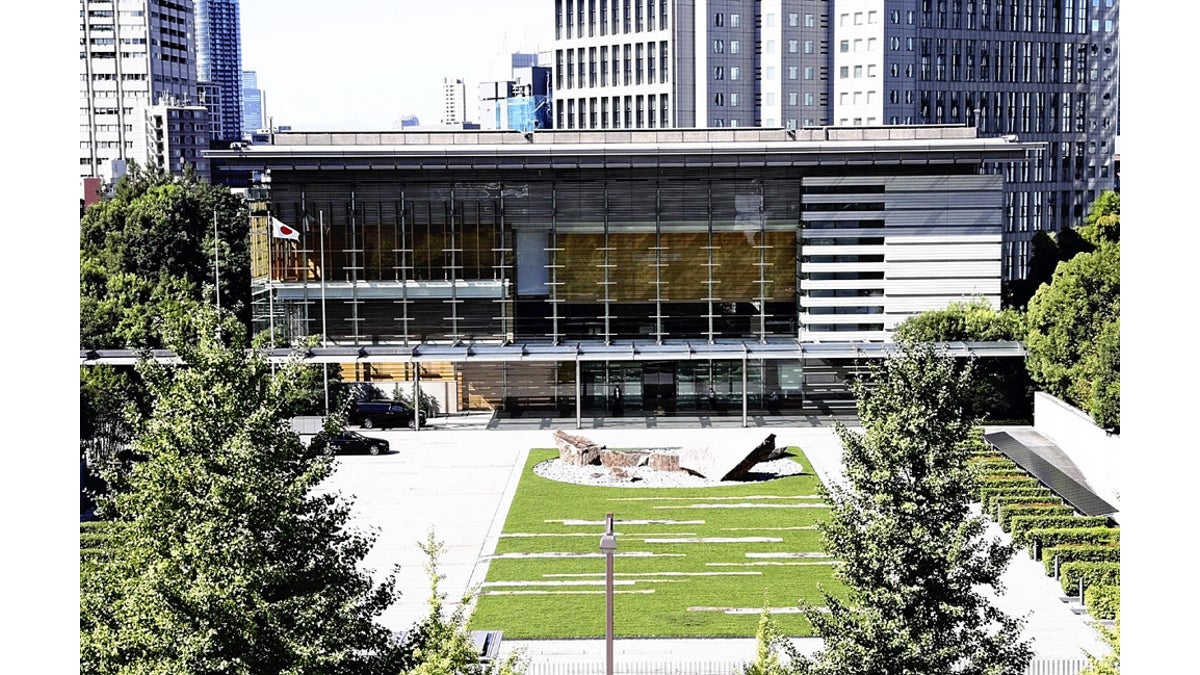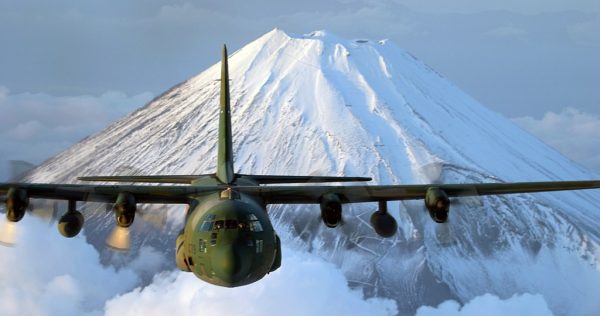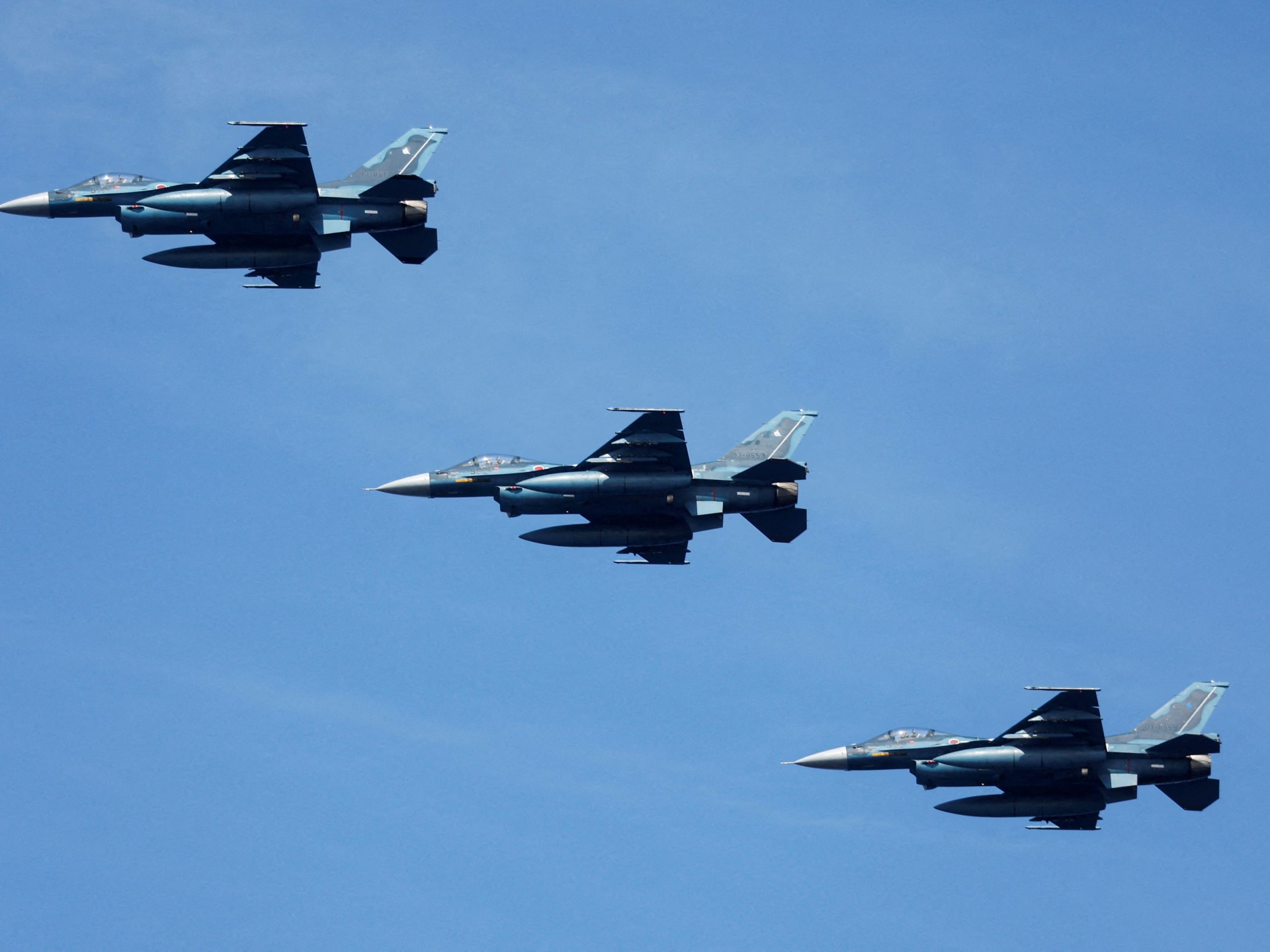One of the citations for the $8B.Can you please provide a citation that Japan is actually paying $8B per year to the US for military? I might believe Trump said lots of things, but I've looked and I really think you're just wrong about the amount actually spent. I've already twice given you citations that the actual number is $8.6B per five years.
To be clear, many many reputable sources on the internet say is $8.6B per five years, and that's what I'm going to believe unless you can offer a reputable source that says otherwise.
I really think you should look it up yourself. I think your memory is wrong.
-Peace
The $8.6B is equivalent to the green line of my last graph.

【独自】「思いやり予算」5年で1兆円超、日米が大筋合意…「2プラス2」来月7日開催で調整
【読売新聞】 2022~26年度の在日米軍駐留経費の日本側負担(思いやり予算)を巡り、日米両政府が5年間の総額を1兆円超とすることで大筋合意したことがわかった。16~20年度に実際に支出した額と比較すると、全体で500億円弱の増額と



